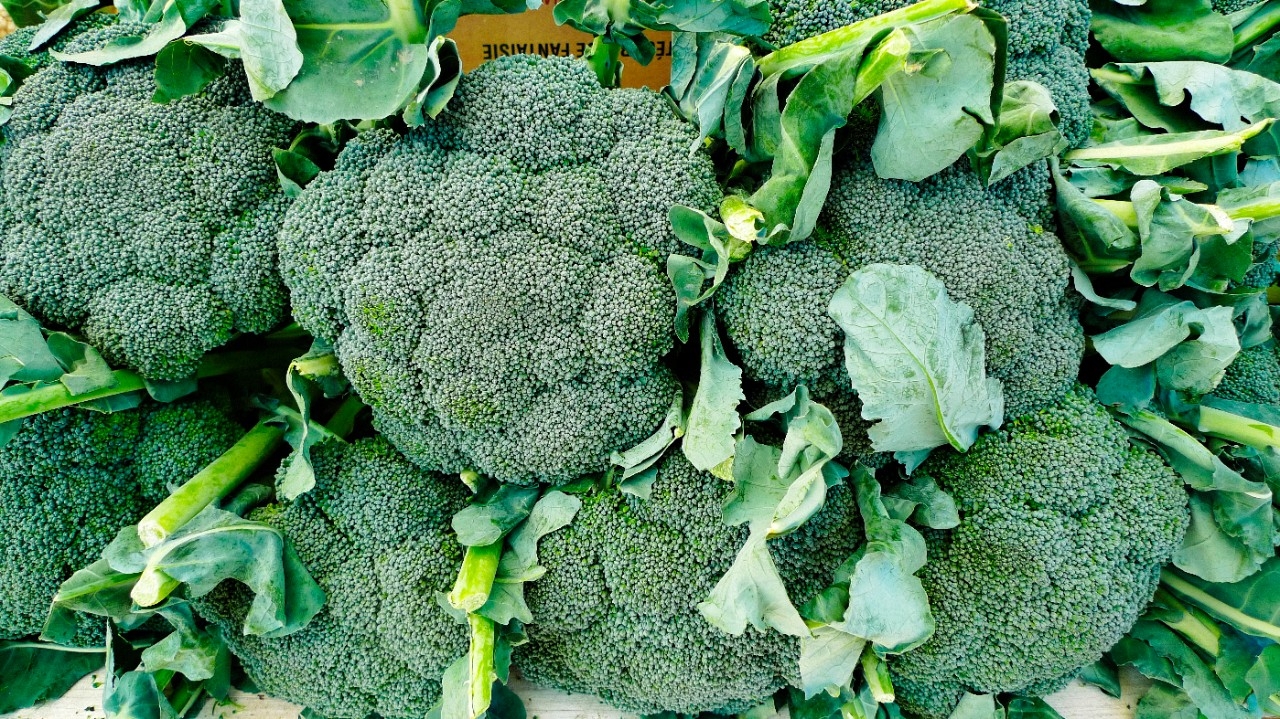New to MyHealth?
Manage Your Care From Anywhere.
Access your health information from any device with MyHealth. You can message your clinic, view lab results, schedule an appointment, and pay your bill.
ALREADY HAVE AN ACCESS CODE?
DON'T HAVE AN ACCESS CODE?
NEED MORE DETAILS?
MyHealth for Mobile
Nutrition Services for Cancer Patients
Nutrition Services for Cancer Patients
Nutrition is an important part of life, cancer treatment, recovery, and prevention. Food is one of the few things you can be in control of during your treatment. The oncology certified registered dietitians at the Stanford Cancer Center are here to help you make informed choices about nutrition, answer your nutrition-related questions, and help you to achieve and maintain good health.
Care and Treatment
Nutritional Management Of Nausea and Vomiting
If you have nausea and vomiting, choose foods that are easy to chew, swallow, and digest, such as the following:
- Toast, crackers, and pretzels
- Yogurt
- Sherbet
- Angel food cake
- Cream of wheat, rice, oatmeal, or grits
- Boiled potatoes, rice, or noodles
- Skinned chicken that is baked or broiled, not fried
- Canned peaches or other soft, bland fruits, and vegetables
- Clear liquids, such as bouillon, clear carbonated beverages, apple/cranberry/grape juice, plain gelatin, Popsicles®, tea, and water
- Ice chips
- Carbonated drinks
Try to avoid the following:
- Fatty, greasy, or fried foods
- Very sweet foods, such as candy or cookies, or cake with icing
- Spicy hot foods
- Strong odor foods
Also consider the following to reduce side effects:
- Eat small amounts, often and slowly.
- Eat more of the foods that appeal to you.
- Eat in a place that is comfortable, avoiding stuffy places that are too warm or have cooking odors.
- Drink a half hour before or after meals but not with your meals.
- Drink slowly or sip liquids throughout the day. Use a straw if necessary.
- Eating your food at room temperature or cooler, rather than hot.
- Do not force yourself to eat foods you normally like to eat because it may cause you to dislike them later when you feel better.
- Rest after you eat.
- For morning nausea try eating crackers or toast before you get up.
- Wear loose fitting clothes.
- If you feel nauseated during treatment wait a couple of hours before eating.
- Keep a diary of when you feel nausea, how long it lasted, what you ate, and where you were. Your physician or nurse may need the information to help you better manage your symptoms.
If you vomit, do not eat or drink anything more until the vomiting is under control. Then try small amounts of clear liquids. Try taking the liquids using the following guidelines:
- Drink 1 teaspoonful every 10 minutes.
- Gradually increase the amount to 1 tablespoon every 20 minutes.
- Then try 2 tablespoons every 30 minutes.
- Continue by switching to full-liquid or soft foods such as: fruit juices and nectars, milk, cream, margarine, pudding, plain Jell-O®, potatoes pureed in soup, cooked cereal, ice cream, custard, strained or blenderized soup, and vegetable juice.
Be sure to tell your physician, nurse, or registered dietitian if you have nausea or vomiting because there are a number of different things they may recommend for you.
It is important during cancer treatment to get enough calories, protein, and nutrients, and it may be especially hard if you have nausea and vomiting. If you find you cannot get enough calories in a day, your physician may recommend commercially prepared liquid nutritional products such as Boost®, Ensure®, ReSource®, or NuBasics® for a short time until you feel better.
Recipes
Cancer Fighting Recipe of the Week: Week 3
In honor of Colon Cancer Awareness month, we'll be featuring four colorectal cancer friendly recipes each week during the month of March.
Basil Broccoi
Broccoli, cabbage, collard greens, kale, cauliflower and Brussels sprouts are all cruciferous vegetables. This vegetable family contains powerful phytochemicals, including carotenoids, indoles and glucosinolates and isothiocyanates, which have been studied and shown to slow the growth of many cancers.
Grilled Vegetable Polenta with Pan Roasted Red Pepper and Tomato Sauce
Halibut with Citrus and Garlic
Hearty Beef Stew with Winter Vegetables
Herbed Polenta with Grilled Portobello Mushrooms
Mediterranean Grilled Veggie Pockets
Molasses-Cured Pork Loin with Apples
New American Plate "Tetrazzini" Casserole
Peppers Stuffed with Barley, Parmesan and Onion
Roasted Pork Tenderloin with Maple Mustard Sauce
Seared Scallops with Beet Puree and Arugula Salad
Soft Tacos with Southwestern Vegetables
Spicy Broccoli, Cauliflower and Tofu
Steamed Halibut on Spinach with Lemon Sauce
Summer Tofu Kebab with Peanut Sauce
Turkey Reuben Grilled Sandwiches
Udon Noodles with Spicy Peanut Ginger Sauce
For Patients
PREPARE FOR YOUR APPOINTMENT
- Bring your photo ID and Insurance Card
- Maps, directions, parking, public transit options, and contact information
Ask your physician for a REFERRAL for a Cancer Center Nutrition Appointment
Our dietitians are available for 45 minute consults by appointment only, Monday – Friday from 8 a.m. – 4 p.m.
Download our nutrition appointment flyer.
Questions about your appointment or need to make a change?
RESOURCES
For Health Care Professionals
Our dietitians are available for 45 minute consults by appointment only on: Mondays – Friday, 8 a.m. – 4 p.m.
HOW TO REFER
Call us at 1-650-498-6000 to refer a new patient for a nutrition consultation. If you wish to refer a patient to the Stanford Cancer Center, please call the Physician Helpline.
Download our nutrition appointment flyer.
Returning Patient
Questions about your appointment or need to make a change? Call:
Nutrition Services for Cancer Patients at Stanford Cancer Center Palo Alto
650-498-6000
Nutrition Services for Cancer Patients at Stanford Cancer Center South Bay
408-426-4900




